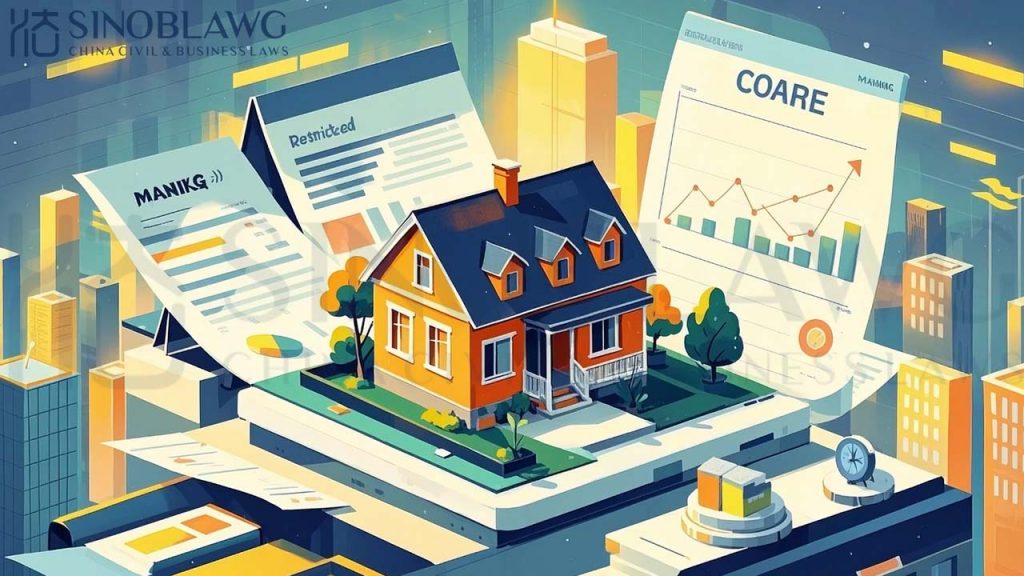Well, I don’t want to be sounding like an alarmist by claiming that it is time to sell your properties in China because the real estate market in China is going to collapse soon. But it will be not inappropriate to remind people that China property market is really at a point where it may turn out against your interests eventually if you don’t back out timely.
Yes, China real estate market has been bullish despite central government’s efforts to rein it in. I helped clients to purchase properties in Shanghai in the not-long past. However, taking into account the high inflation rate (5.5% in May), the sky-high property price in contrast with resident’s low income, the strain of developer’s financing, sluggish property transactions, the haunting USA financial crisis, the lingering sovereign debt crisis in Europe, we have no reason to believe in a continuing bullish property market in China. At least, I am somehow convinced that it is better to thin your holding of Chinese property. The good days are numbered.
Given my belief, I think it is maybe time to sell your Chinese properties before Chinese economy has a hard-landing with property market shrinking too much.
How to Sell Chinese Properties:
Selling is much easier than buying. From my experience in Shanghai, generally, seller needs to list your property with one or several real estate brokers in order to find out buyers in time. Then, upon finding an interested buyer, the parties will generally enter into a letter of intent to bind the parties to later conclude a formal real estate purchase and sale contract which is online numbered and registered.
Upon entering into the letter of intent, the buyer will generally pay a sum of earnest money to seller. This earnest money will be forfeited if buyer fails to conclude the later formal real estate purchase and sale contract, and will be refunded in double times if seller fails to do the same.
Upon execution of the formal contract, buyer will be required to pay the down payment (30% to 60% of contract price) to seller and then to start applying for taking mortgage loans. After the formal contract is signed, the parties shall go to local real estate transaction center to pay related taxes and apply for transfer of title to the property from seller to buyer. Before this, seller shall make sure that the buyer has secured a bank’s consent for his or her mortgage loan payable after the title transfer is effected.
As a general practice, seller always insists that buyer will pay all related taxes and fees, including business tax, income tax, stamp tax on the part of seller as well as agent commission. There are also a few tips to reduce tax burden for both parties. All this carries with it some risks that shall be carefully managed by the parties.
Current Difficulties for Real Estate Transactions
Due to reasons that China has imposed restriction on purchase of residential properties in most major cities and that China has been struggling to rein in inflation by increasing banks’ reserves, there are basically two difficulties:
1. There are not so many buyers in the market. Like in Shanghai, local residents and people from other parts of China are limited to buy new apartments/houses. As a national effort, China has also restricted foreign individual from buying more than one apartment/house. This has forced a lot of property flippers and speculators out of the market.
2. China central bank, on June 14, 2011, raised the banks’ reserve requirement ratio (RRR) by 50 basis points for sixth time this year, a move aimed to withdraw liquidity out of the market as inflation remains stubbornly high. This has greatly affect property buyers from taking out sufficient mortgage loans to finance their property deals, an apparent cause leading to breach of contract in property deals.
How to repatriate sale proceeds out of China
This has been a major concern for many foreign owners of Chinese property. In reality, there are clear rules governing how your proceeds of selling property denominated in RMB is converted into USD and then wired back to your home country.
Recently, I have come to establish a cooperation relationship with a representative from branch of a Singaporean bank in Shanghai to help clients to repatriate their money derived from property sale back to abroad FOR FREE. Namely, the person from the bank will help clients to carry out all the related work and formalities provided that clients open a bank account with the said bank through which conversion and remittance will be conducted.
For more information in this regard, please refer to the following line:
http://www.doroto.com/Zh/SheWaiMaiMai_804.aspx
If you have any inquiry regarding this subject matter of this article, please contact the author, Jason Tian, at his emails and phones set out at the top right corner of this page.








Comments